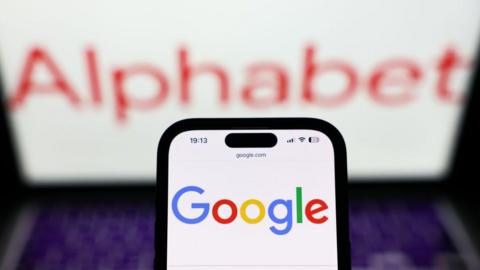"Publishers have many options and they choose Google because our ad tech tools are simple, affordable and effective," the firm's head of regulatory affairs Lee-Ann Mulholland said.
US District Judge Leonie Brinkema said in the ruling Google had "wilfully engaged in a series of anticompetitive acts" which enabled it to "acquire and maintain monopoly power" in the market.
"This exclusionary conduct substantially harmed Google's publisher customers, the competitive process, and, ultimately, consumers of information on the open web," she said.
Google lost on two counts, while a third was dismissed.
"We won half of this case and we will appeal the other half," Ms Mulholland said.
"The Court found that our advertiser tools and our acquisitions, such as DoubleClick, don't harm competition."
Google's lawyer had argued the case focused too much on its past activities, and prosecutors ignored other large ad tech providers such as Amazon.
"Google has repeatedly used its market power to self-preference its own products, stifling innovation and depriving premium publishers worldwide of critical revenue needed to sustain high-quality journalism and entertainment," said Jason Kint, head of Digital Content Next, a trade association representing online publishers.
